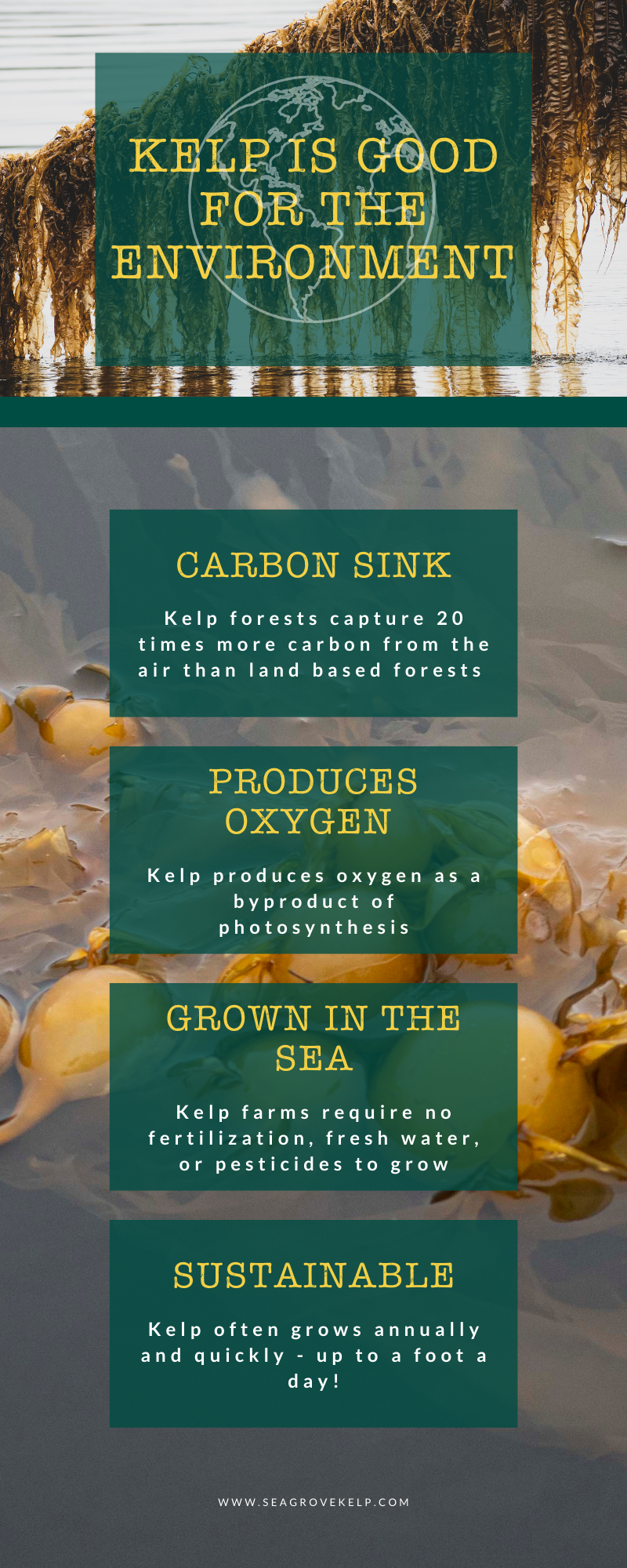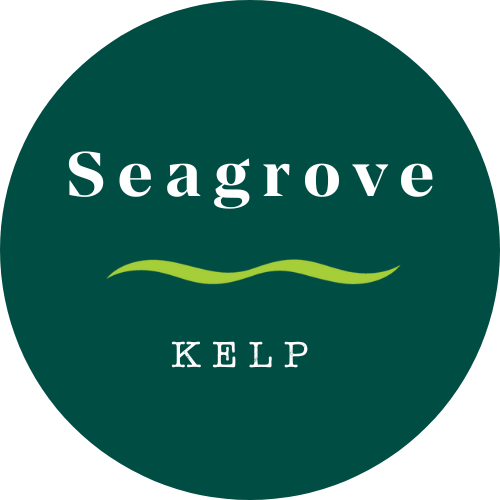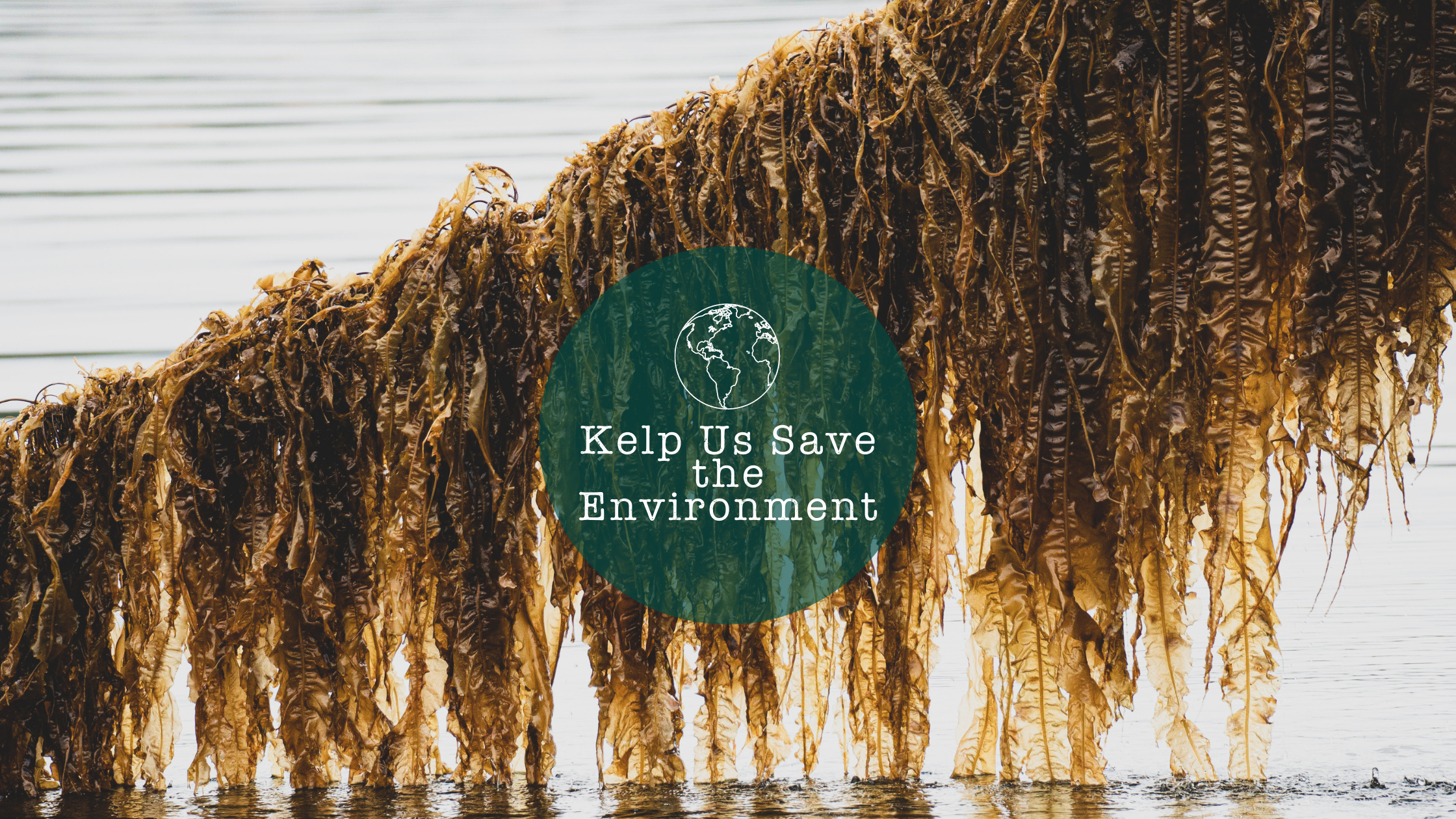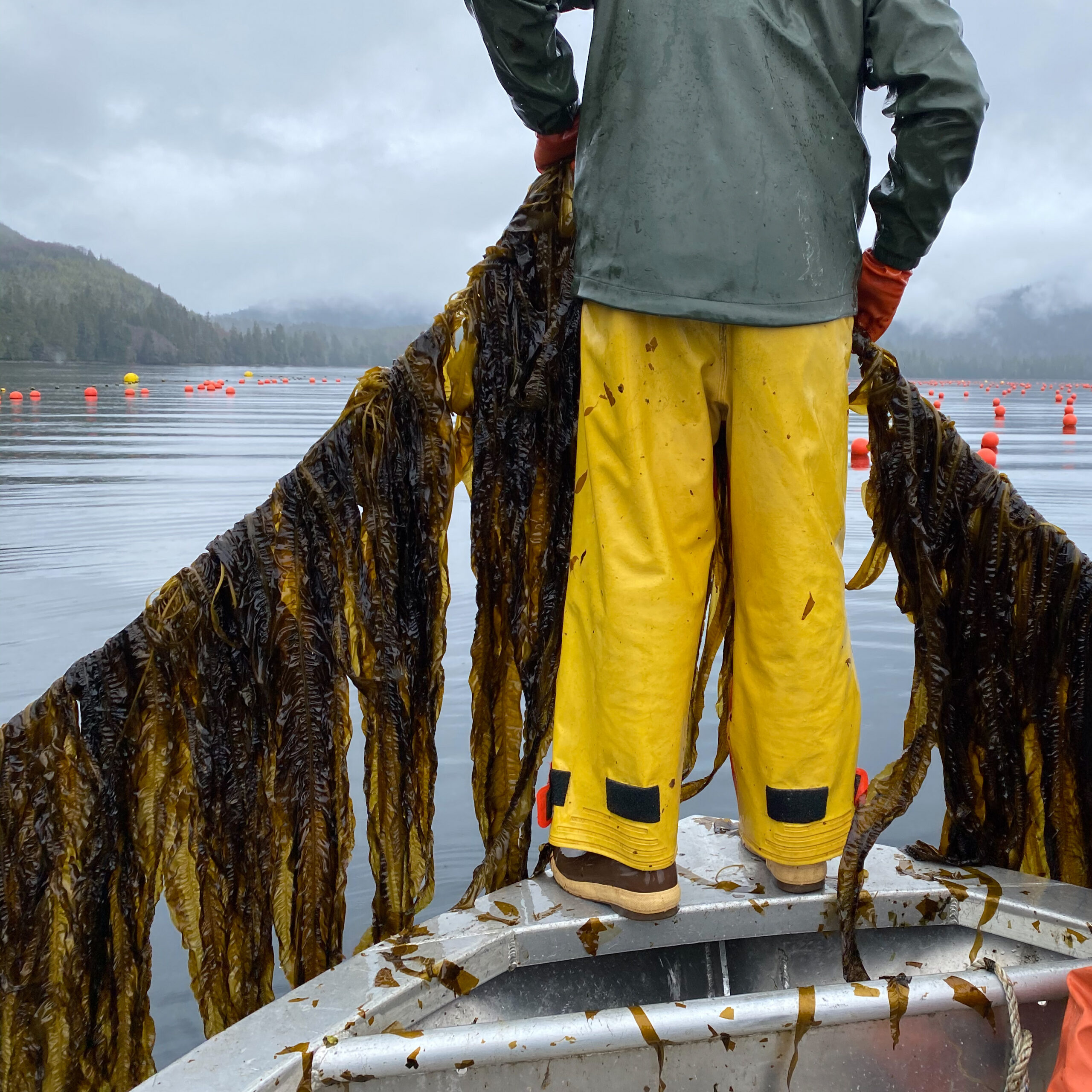If the many health and nutritional benefits of consuming kelp are not enough to convince you to give the superfood of the sea a try then perhaps having a positive effect on the environment will.
In a time when it feels like our species, along with our planet, are literally and metaphorically putting out fire after fire, it’s hard to see the small choices that we can all make to help in the fight against climate change. We now know that it will not be enough to merely reduce our carbon emissions but instead, we must actively remove carbon from our atmosphere to have a chance of saving the planet as we know it. But what does that have to do with kelp farming? As it turns out, a lot.
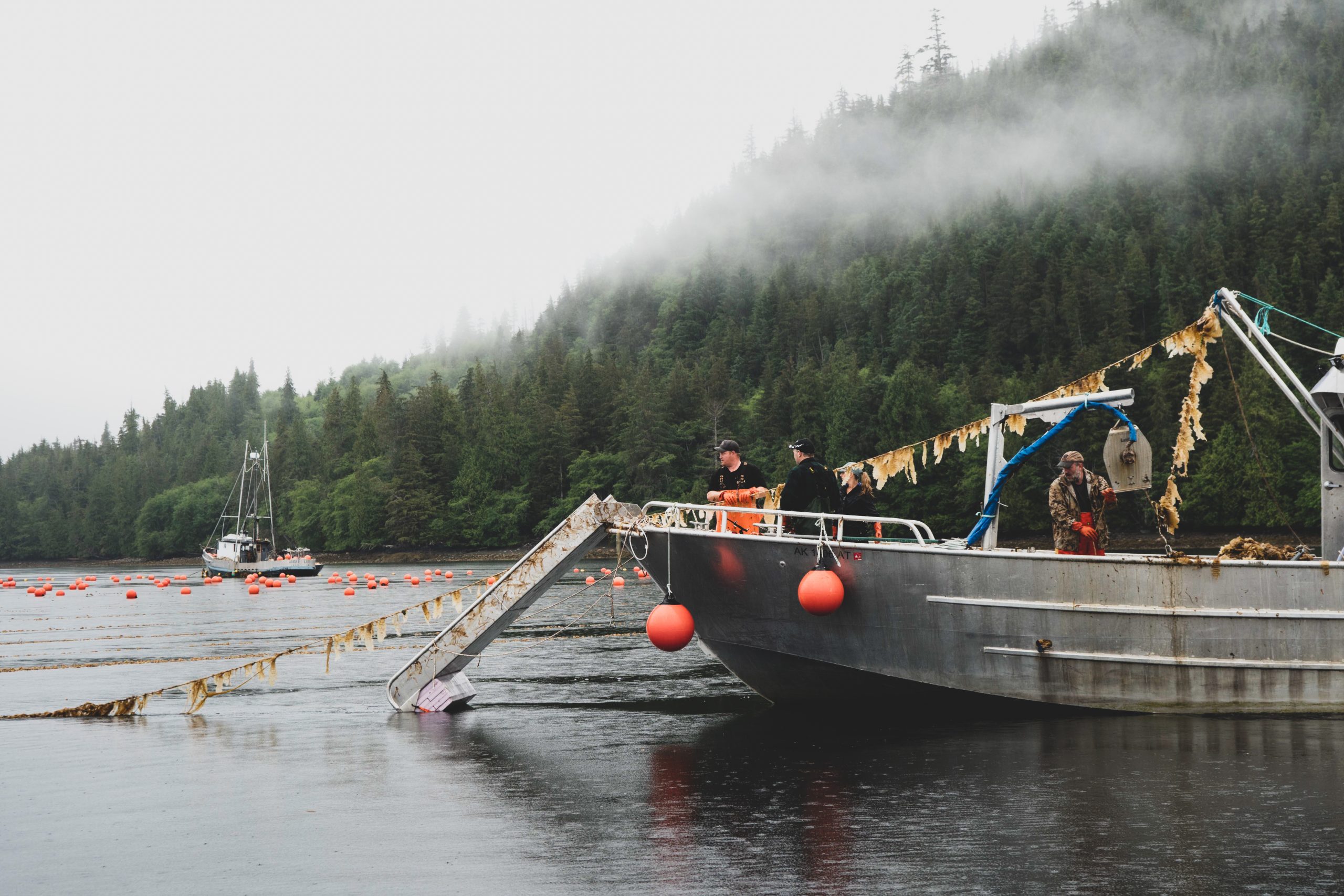
Biology is an important route to sequestering carbon. When a plant, such as a tree, grows it captures the carbon in the air and converts it into biomass. This is great, but unfortunately, land-based forests are an unreliable source of carbon capture as many of our forests are under threat of deforestation. And even if our efforts in reforestation increase dramatically, land-based forests are not the best way to capture carbon.
Kelp forests capture 20 times more carbon from the atmosphere than any land-based forest. They are known as the planet’s carbon sinks for a reason. Oftentimes the carbon captured by the photosynthesizing kelp sinks into the deep ocean where it remains buried for sometimes thousands of years. Kelp absorbs what’s in the water around it, leading to cleaner waterways, healthier ecosystems, and cleaner air, water, and food for you.
Kelp grows on lines underwater at the Seagrove Kelp farm
Kelp farms, grown in the ocean, don’t need pesticides, freshwater, or fertilizer to grow. Pesticides oftentimes use chemicals such as petroleum that end up running off into our rivers and streams, causing further harm to our environment. These runoffs cause algae blooms which kill off the oxygen present in the waterway and can be harmful to many different ecosystems, from salmon and insects to our own communities. Organic fertilizers have improved this problem but not masked it entirely. A frontrunner of cleaner fertilization options is using a product made with seaweed!
Kelp is sustainable. Bull kelp, for example, is an annually growing seaweed, meaning that their harvest returns year after year. Seaweed also grows 30 to 60 times faster than any land-based plant, up to two feet a day! Kelp farms can help bring balance back to coastal communities and ecosystems that have been thrown out of balance due to global warming or overfishing.

Kelp should soon become a staple in every Western society household’s pantry. The health benefits outweigh even our most leafy of greens and the environmental benefits could help build a better tomorrow for us all. When we look to the future we should be looking at the sea.
Kelp is the key to a healthier you and a healthier Earth.
